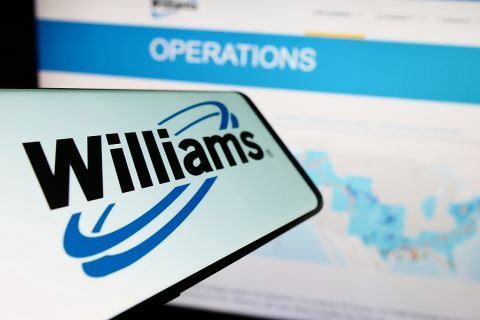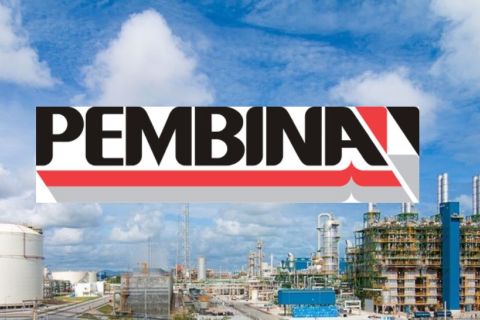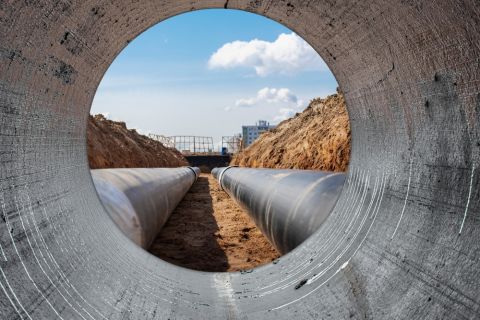Baker Hughes said Jan. 8 that its LEAP adaptive production system had its first field trial in a Mississippi Lime installation for SandRidge Energy Inc. (SD).
The system was installed on Dec.12 at 5,200 feet in Woods County, Okla. The system is delivering 300% greater oil production and 200% higher natural gas production compared with the previous artificial lift solution.
The system has been continuously operating since its installation through the deviated section of the wellbore, the oilfield services company said. LEAP adapts to the dynamic production profiles found in most unconventional oil wells.
“Until now, operators have had to use 100-year-old technology that was never intended to operate in deep horizontal wells or to handle the rapidly declining production rates and high gas volumes typical of unconventional reservoirs,” said Wade Welborn, vice president of artificial lift systems at Baker Hughes.
He added that LEAP is the first artificial lift technology designed specifically for these unique production challenges.
The downhole system consists of a positive displacement pump, which can be installed to sit deeper in a well than traditional rod pumps. A submersible linear electromagnetically actuated motor drives the pump and eliminates the need for the long rod string. There is a sensor for pressure and temperature data. The system has proprietary software built into its surface variable speed drive.
Wellborn added that using LEAP reduces the large surface footprint required for traditional rod systems, mitigates potential emission and leak paths and eliminates safety hazards common with large pump jacks.
The SandRidge field trial was carried out 18 months after initial system design for LEAP was approved, Baker Hughes said, adding that it established a research team to address artificial lift in 2013 at its artificial lift research and technology center in Claremore, Okla.
Recommended Reading
Enbridge Announces $500MM Investment in Gulf Coast Facilities
2024-03-06 - Enbridge’s 2024 budget will go primarily towards crude export and storage, advancing plans that see continued growth in power generated by natural gas.
Williams CEO: Louisiana Energy Gateway Start Temporarily in Limbo
2024-03-21 - Williams CEO Alan Armstrong said the project still moving forward after hitting a snag in a dispute with Energy Transfer but lacks a definitive start date.
Pembina Pipeline Enters Ethane-Supply Agreement, Slow Walks LNG Project
2024-02-26 - Canadian midstream company Pembina Pipeline also said it would hold off on new LNG terminal decision in a fourth quarter earnings call.
Kinder Morgan Sees Need for Another Permian NatGas Pipeline
2024-04-18 - Negative prices, tight capacity and upcoming demand are driving natural gas leaders at Kinder Morgan to think about more takeaway capacity.
Targa Resources Forecasts Rising Profits on 2024 Exports
2024-02-20 - Midstream company Targa Resources reports a record fourth quarter in volumes and NGL fractionation.





